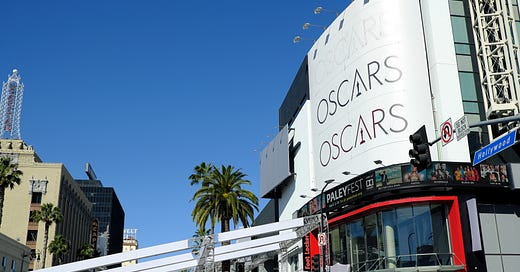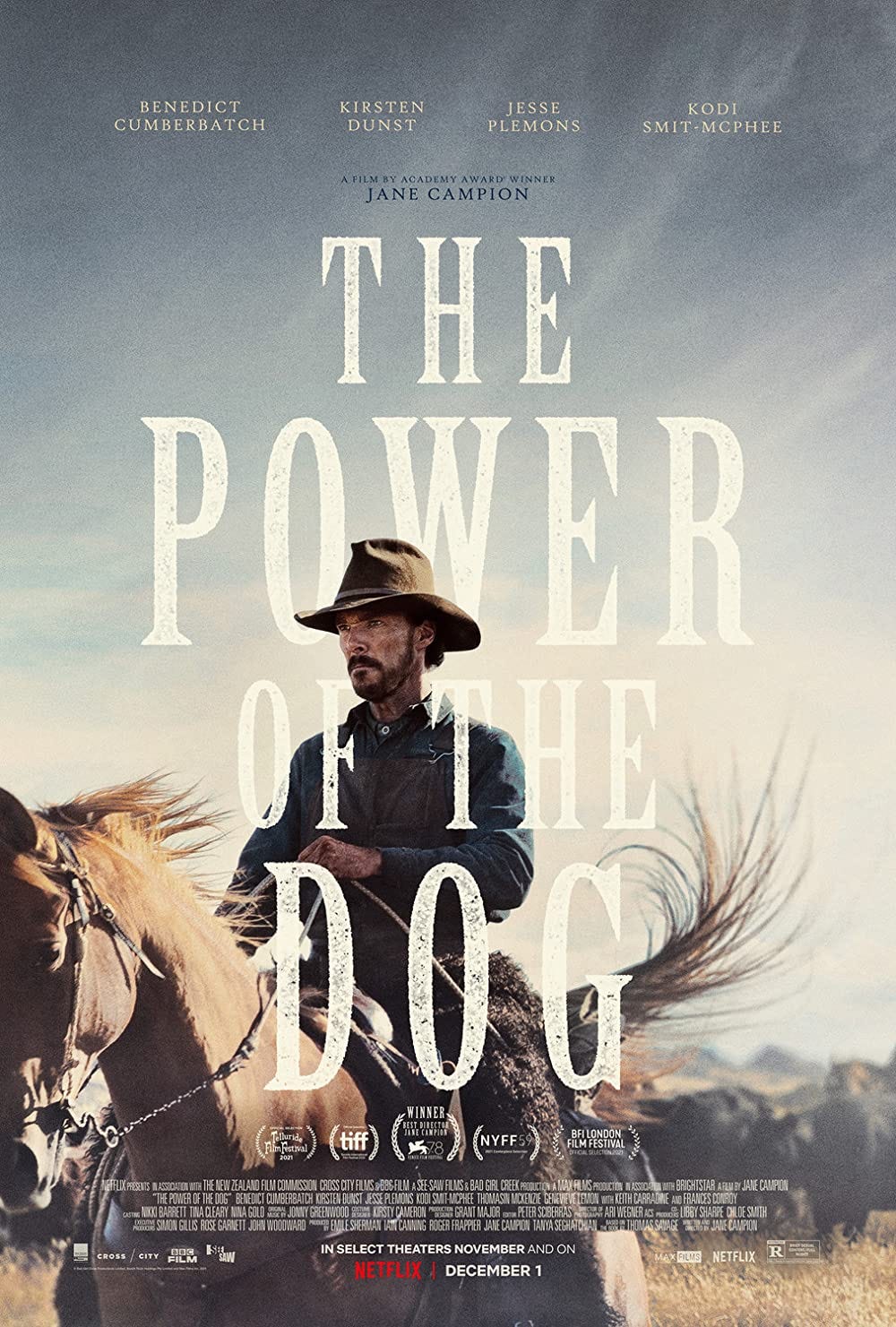The 3 Most Disappointing Movies of 2021 Are Best Picture Nominees!
Great filmmakers make not-so-great movies and get nominated anyway.
Somebody has to say it. This year has been massively disappointing for movie fans. Not that there haven’t been some wonderfully entertaining movies such as Spider-Man: No Way Home, Encanto, West Side Story, and Licorice Pizza. But there haven’t been the shining gems that balance insightful perception, depth of character, and sheer enjoyment. None that belong in the same movie canon as Nomadland, Parasite, or No Country for Old Men.
Three of the year’s most celebrated movies are, for me, three of the most disappointing movies. You’ll notice that I didn’t say “worst” of the year because they certainly aren’t. Don’t Look Up, Nightmare Alley, and The Power of the Dog are made with great skill, artistic integrity, and professionalism. That’s why there are so disappointing. They were created by some of my favorite directors, writers, and actors whose past work I’ve loved. But these strained efforts were bloated or pretentious or obvious—or all three. Each felt inflated by the filmmakers’ past successes, a magnificent mansion bounce house that quickly deflated into a plastic puddle after a couple jumps.
This is a reader-supported newsletter. Both free and paid subscriptions are available. The best way to join the community and support my work is by taking out a paid subscription.
The Power of the Dog
The Power of the Dog received 12 Academy Award nominations this year, more than any other film. Based on 321 reviews, Rotten Tomatoes gave it a 93% Fresh rating. Critics loved it. Which means I’m in the minority opinion here.
On the positive side, the movie’s Old West setting looks artistic and authentic. It is flawlessly acted by Benedict Cumberbatch, Kirsten Dunst, and Kodi Smit-McPhee, and skillfully directed by Jane Champion. I’m a big fan of her previous film, The Piano, as well as her gritty, compelling TV series Top of the Lake.
But this film, which explores the themes of toxic masculinity, suppressed homosexuality, and the nuances of violence seems like a film that’s ten years too late. There is nothing being shown us here that hasn’t been shown in many other movies and TV shows over the last decade. Not that we as a society have arrived at place of enlightenment (as Florida’s “Don’t Say Gay” legislation proves), it’s just that we need to approach it in fresh ways that invigorate the discussion, not repeat the ideas like Grandpa telling us for the umpteenth time how he got a great deal on his car. The film’s heart and mind is in the right place, but the story is tired and familiar. Nominating this movie as Best Picture seems more like the Academy virtue signaling than sticking to their mandate to reward exceptional and innovative films.





